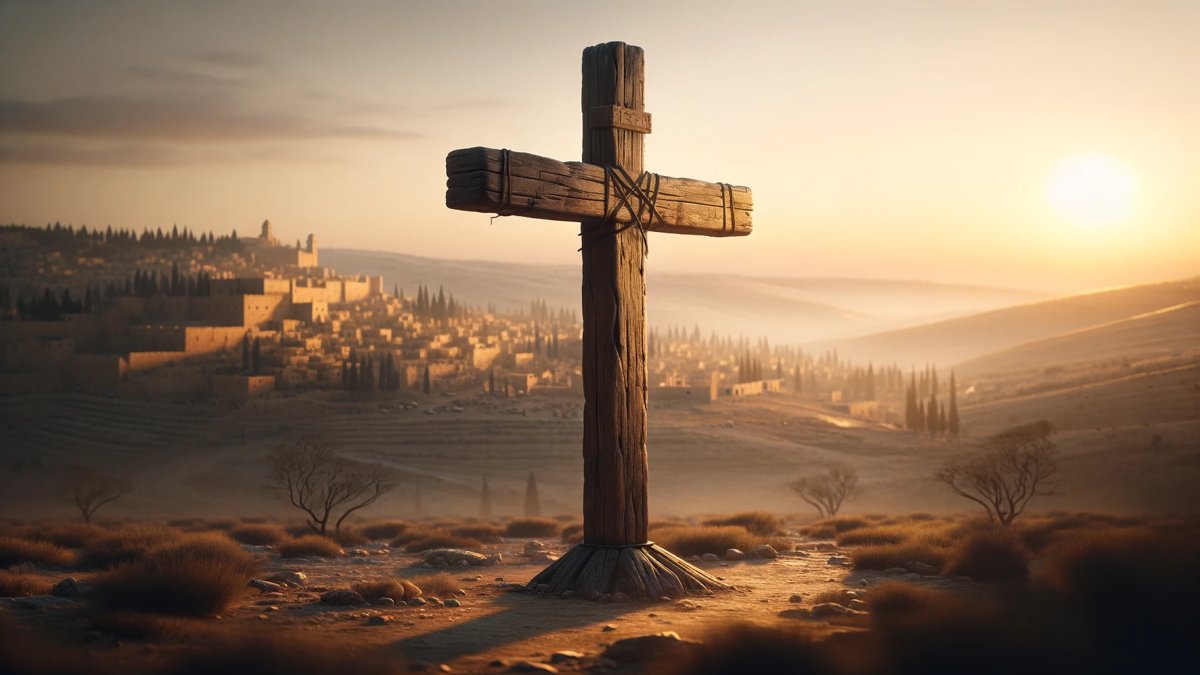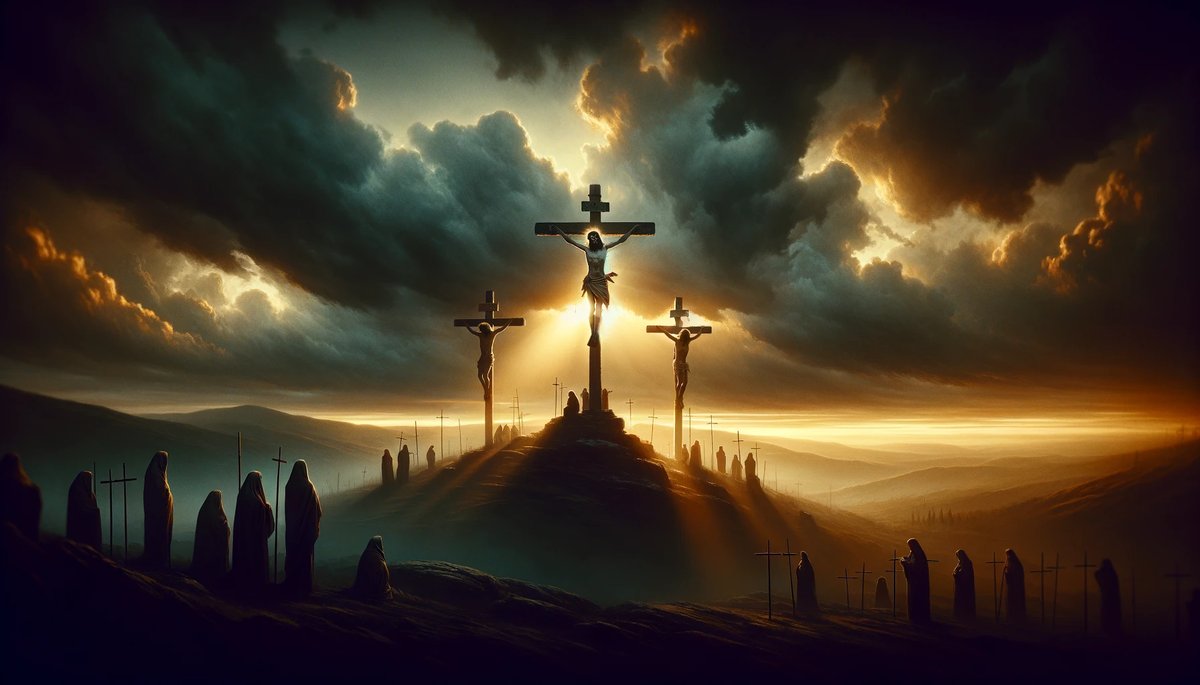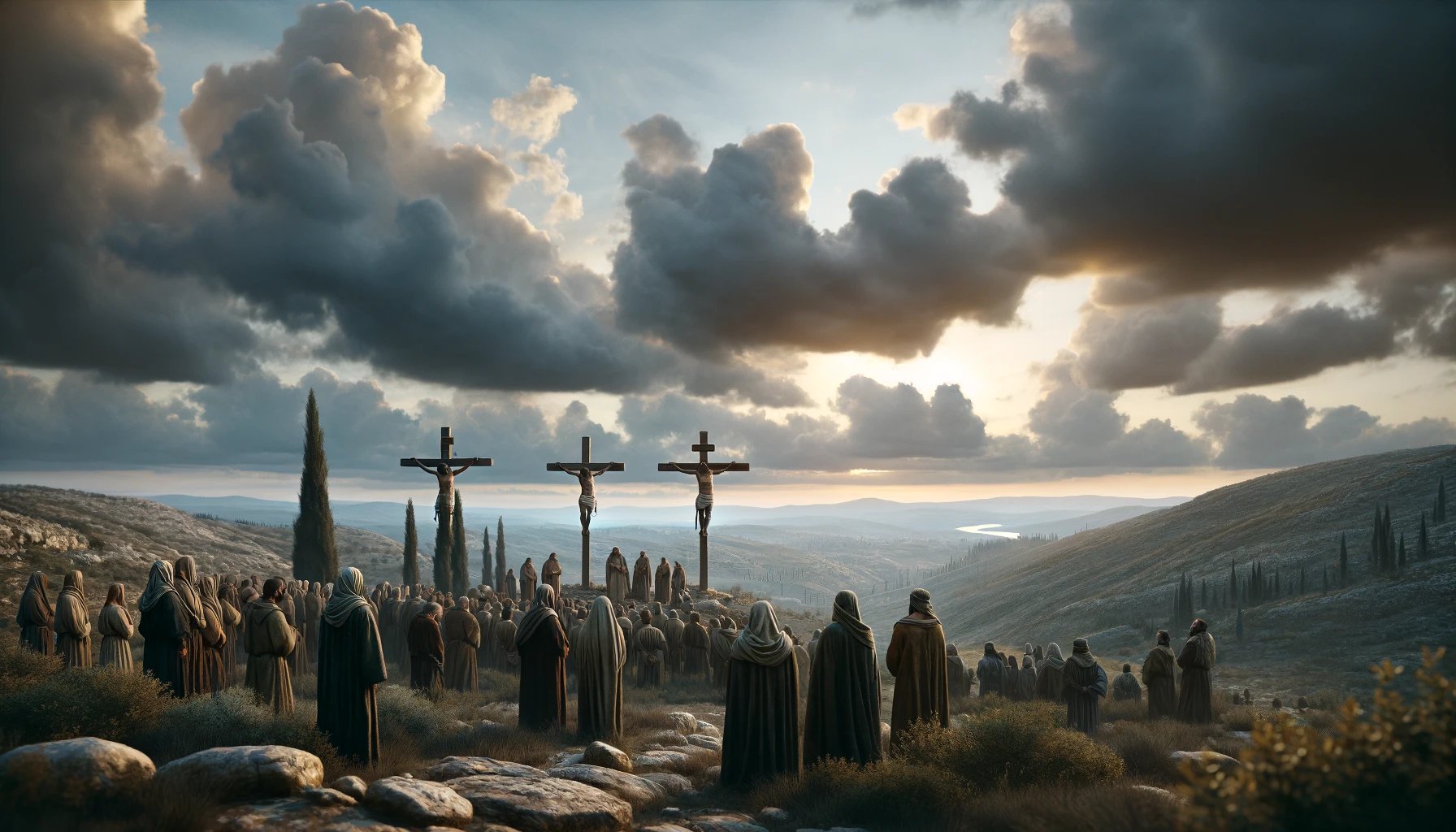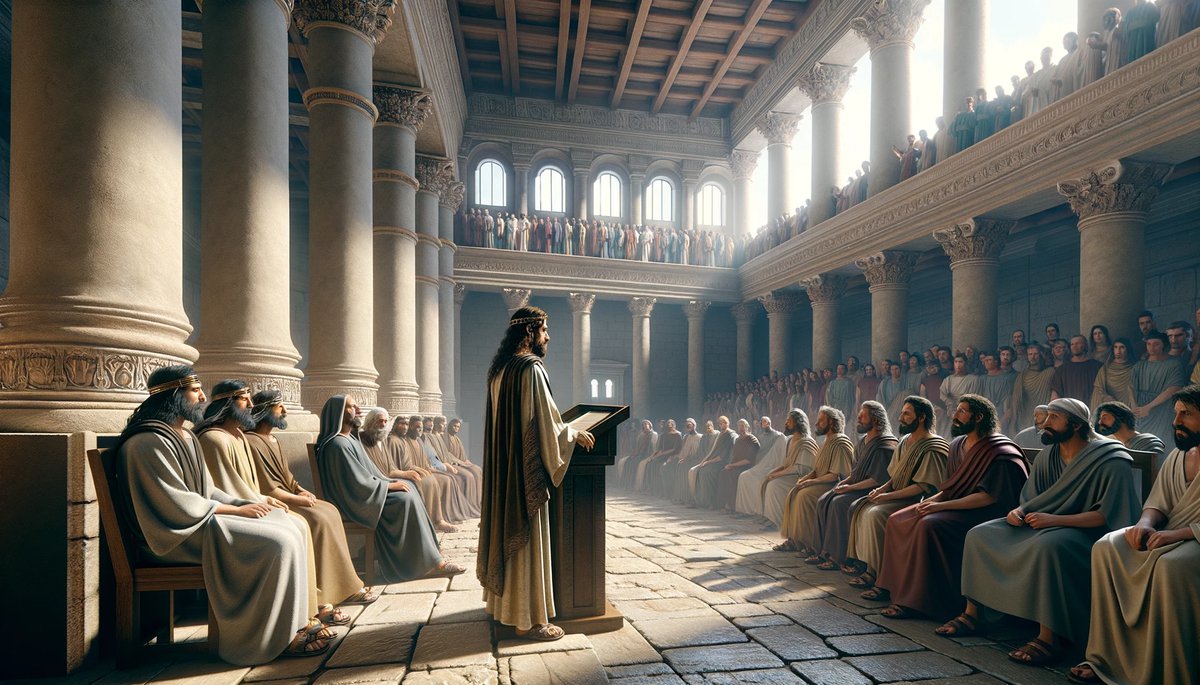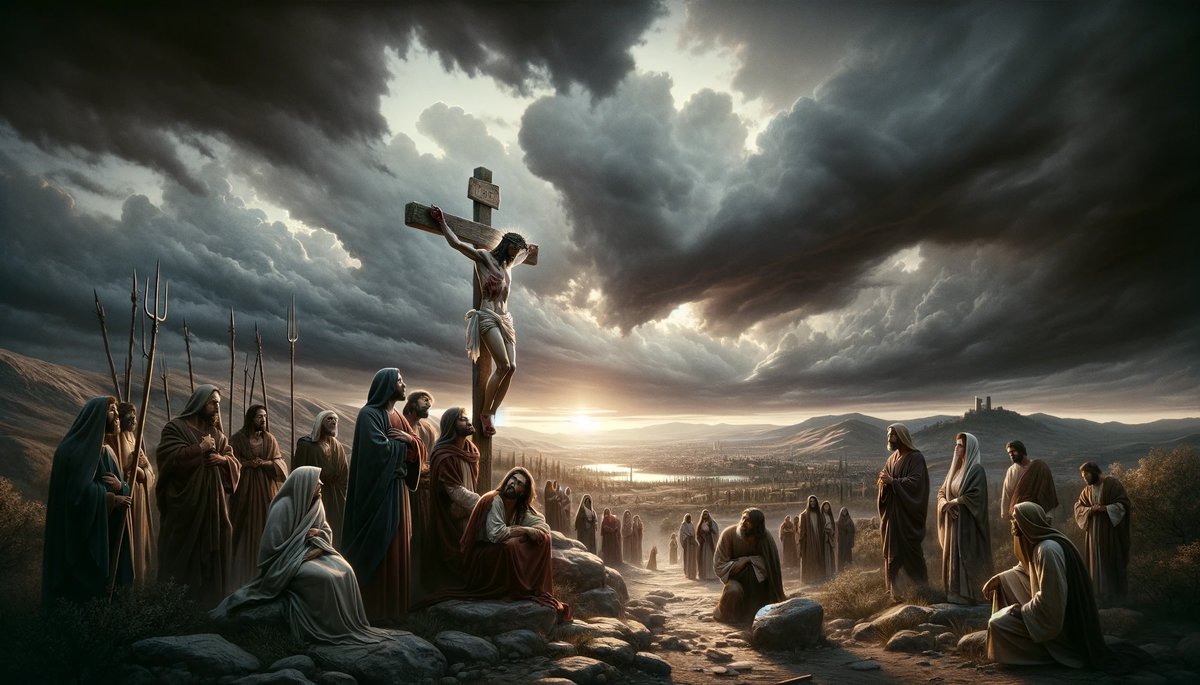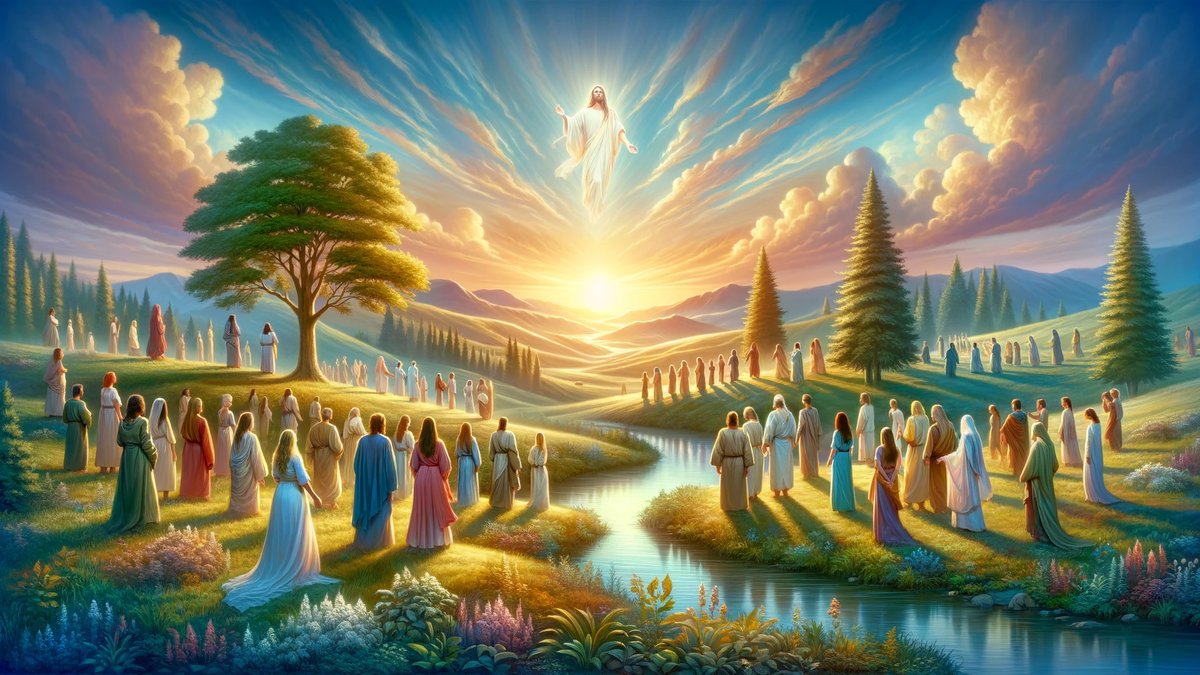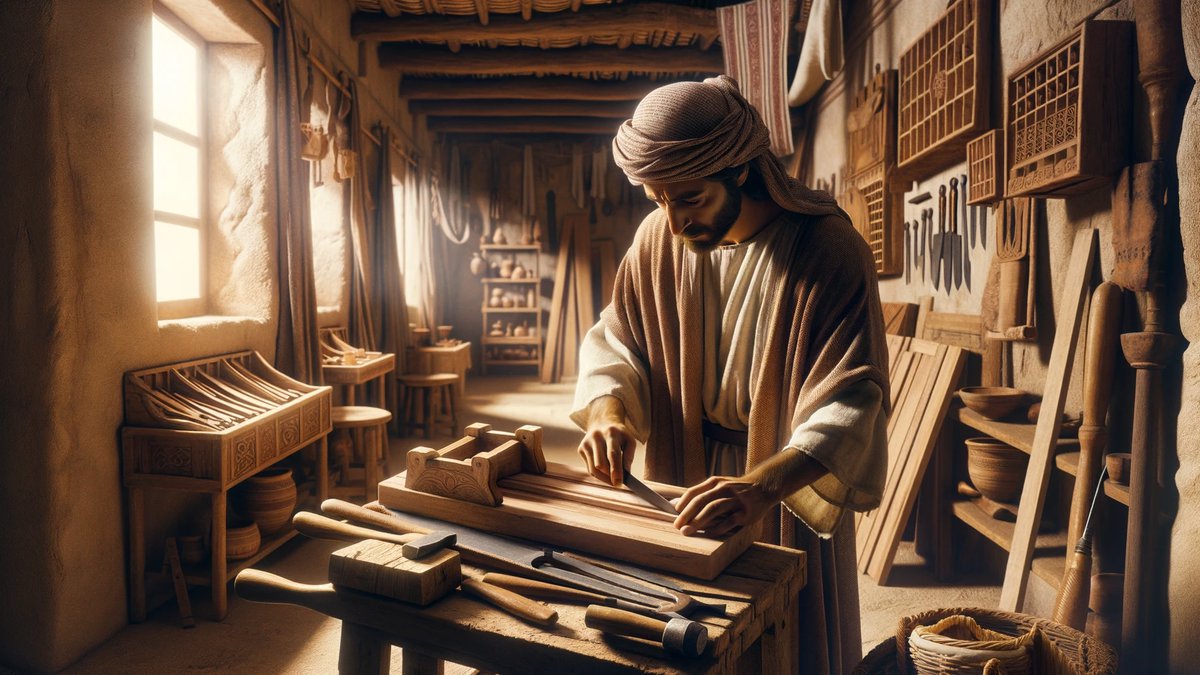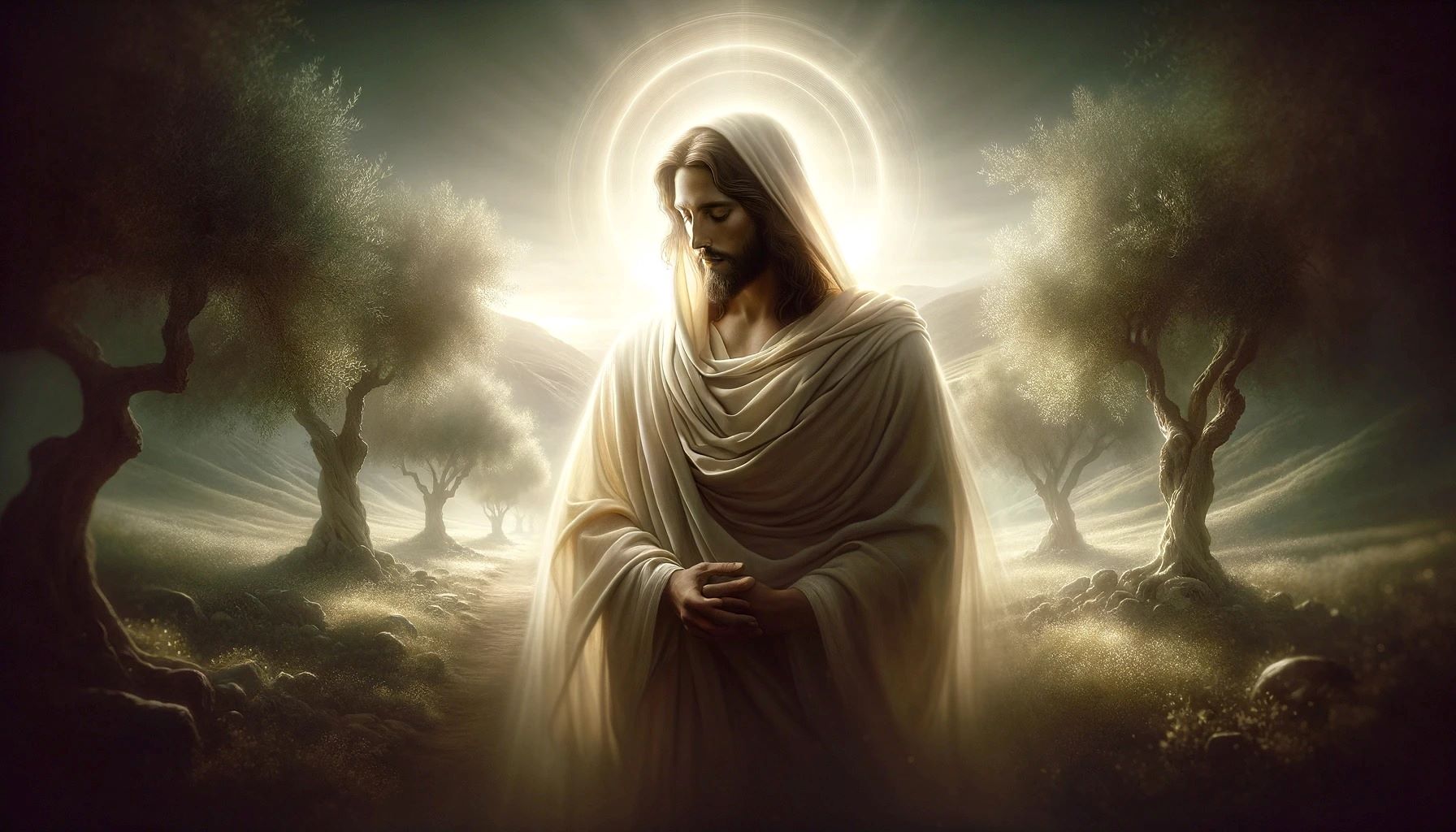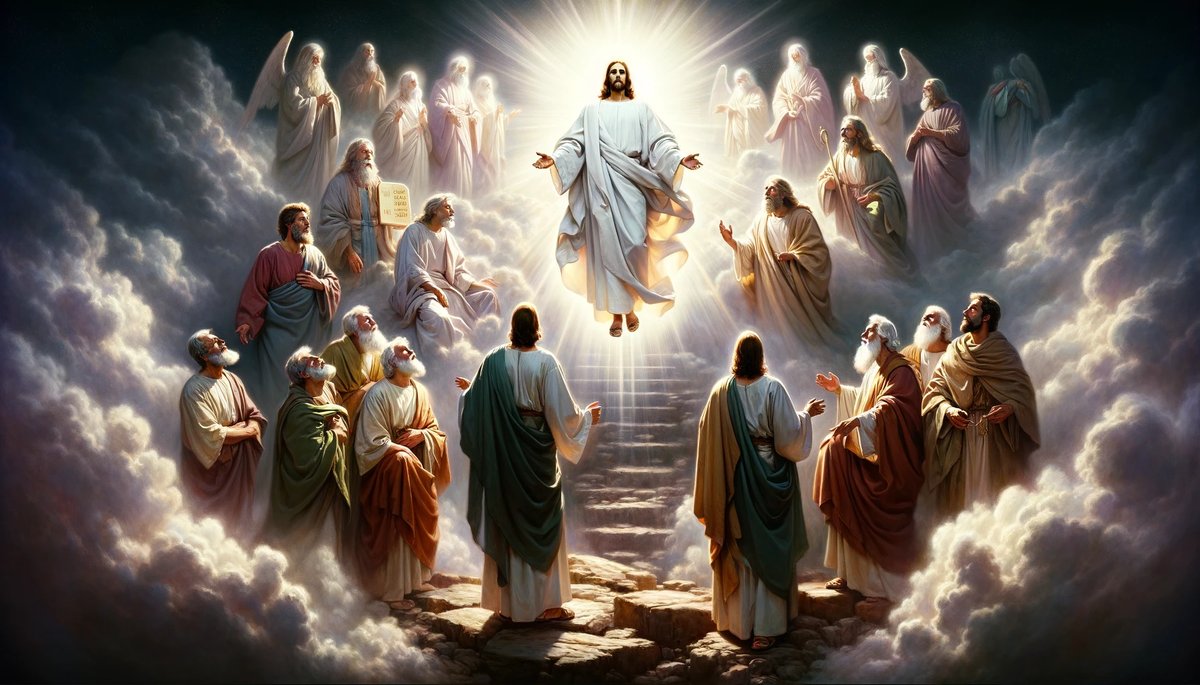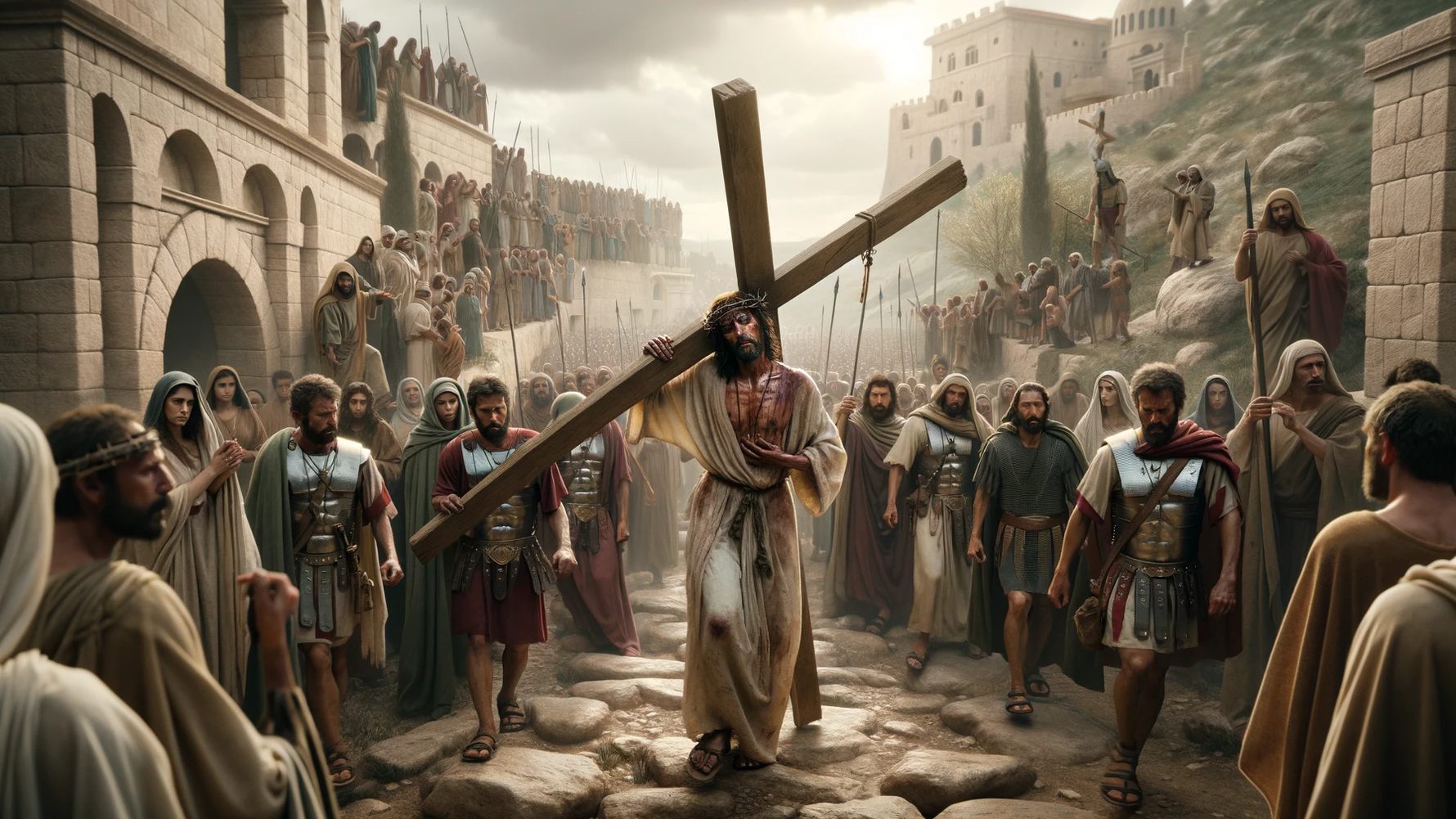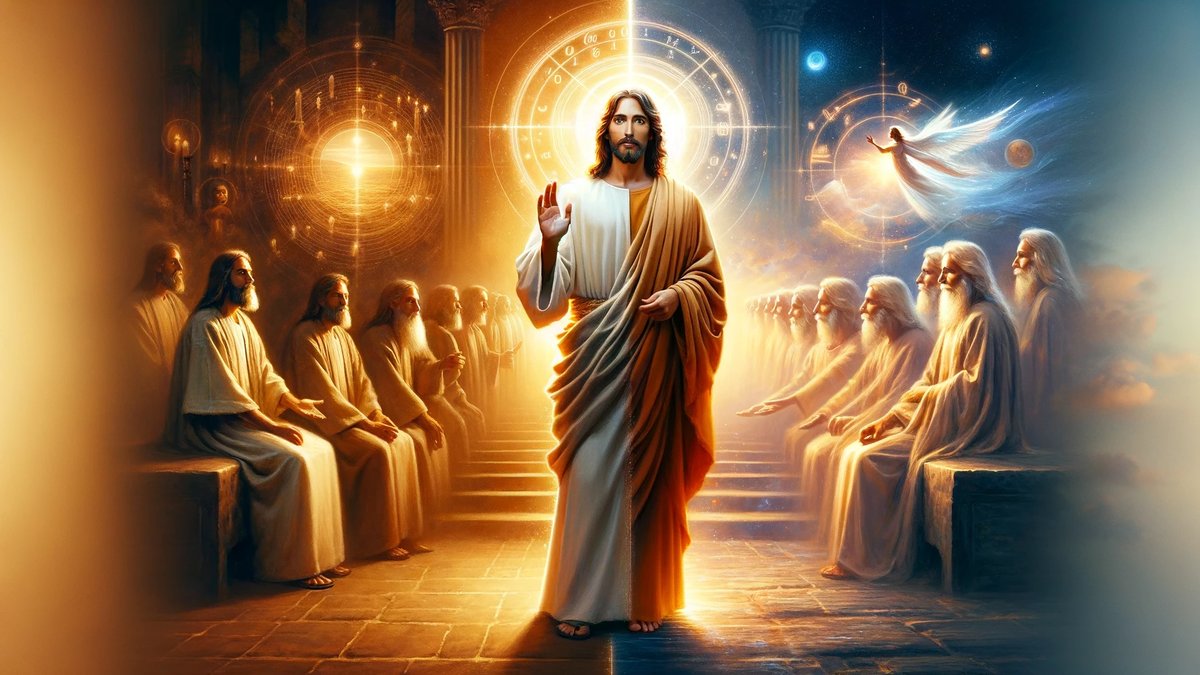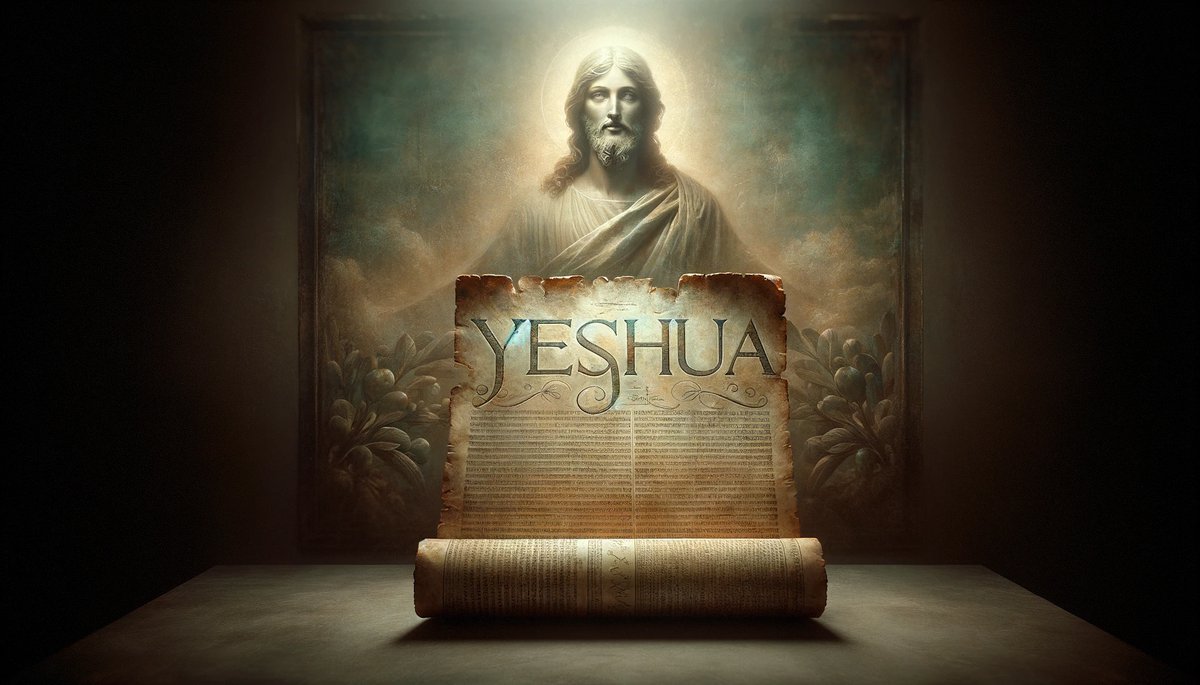Home>Christian Videos>Bible Stories>What Time Was Jesus Christ Crucified?
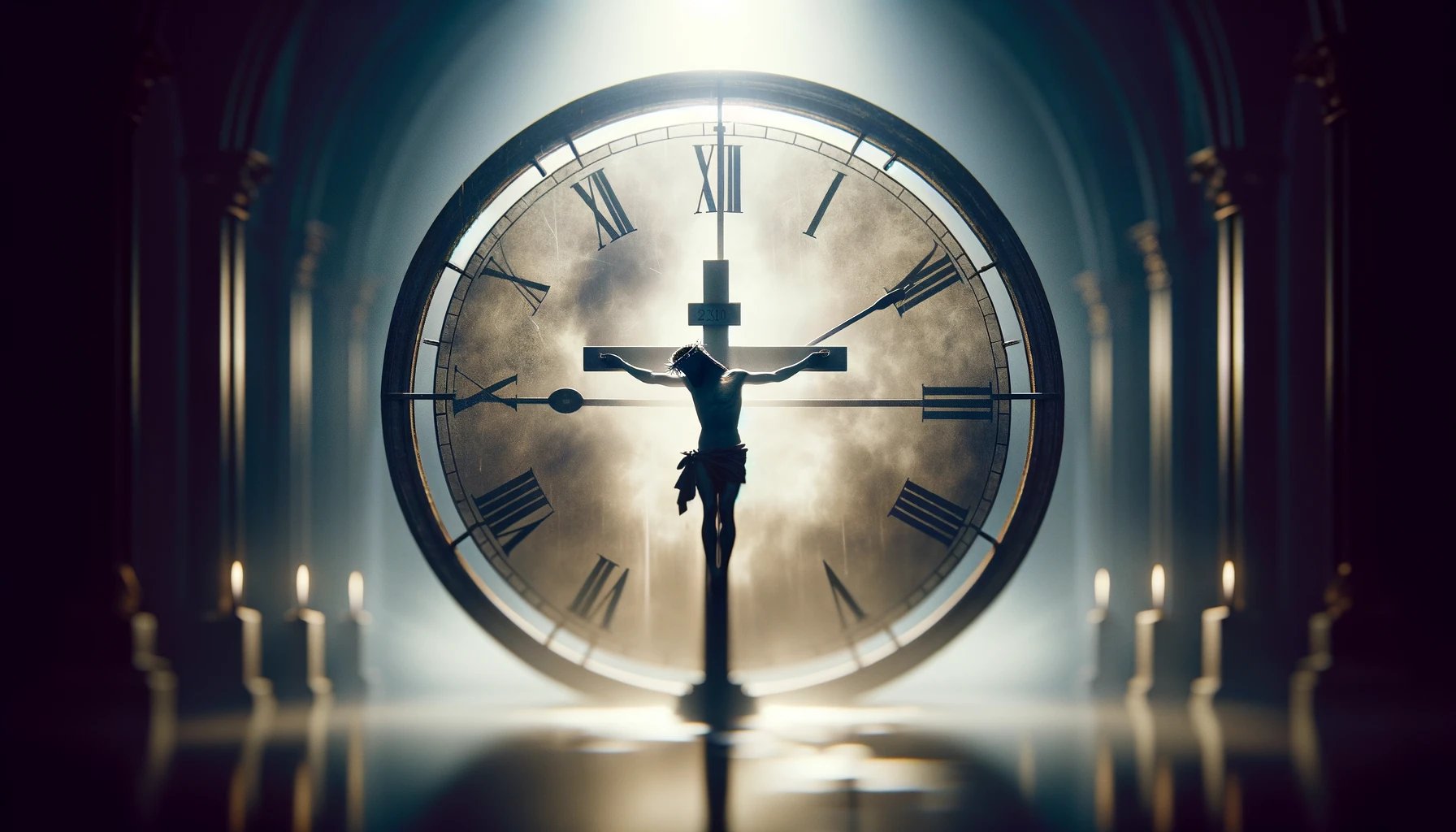

Bible Stories
What Time Was Jesus Christ Crucified?
Published: March 1, 2024
Ericka Andersen, an editor at Christian.net, expertly merges digital strategy with content creation, focusing on faith and societal issues. Her communication skills enhance the platform's engaging narratives, fostering meaningful dialogue on belief's impact on society.
Discover the biblical account of Jesus Christ's crucifixion and the significance of the timing. Explore this and other compelling Bible stories.
(Many of the links in this article redirect to a specific reviewed product. Your purchase of these products through affiliate links helps to generate commission for Christian.net, at no extra cost. Learn more)
Table of Contents
The Historical Accounts of Jesus Christ's Crucifixion
The crucifixion of Jesus Christ is a pivotal event in Christian theology and history. It is a well-documented event, not only in the Bible but also in various historical accounts from the first century. The Roman historian Tacitus, in his Annals, mentions the crucifixion of Jesus under the Roman prefect Pontius Pilate. Additionally, the Jewish historian Flavius Josephus also refers to the crucifixion of Jesus in his work, Antiquities of the Jews. These historical accounts provide external validation of the crucifixion of Jesus Christ, corroborating the biblical narrative.
The crucifixion of Jesus is also mentioned in the New Testament, particularly in the four Gospels of Matthew, Mark, Luke, and John. These accounts provide detailed descriptions of the events leading up to the crucifixion, the crucifixion itself, and the subsequent resurrection of Jesus. While there may be minor variations in the details among the Gospel accounts, the overall narrative of Jesus' crucifixion is consistent across these texts. The historical accounts of Jesus Christ's crucifixion serve as a foundation for Christian belief and are central to the faith's understanding of redemption and salvation.
Read more: Why Was Jesus Christ Crucified
The Timing of Jesus Christ's Crucifixion According to the Gospels
-
Preparation Day: According to the Gospels of Matthew, Mark, and Luke, Jesus was crucified on the day before the Sabbath, which is referred to as the Preparation Day. This aligns with the Jewish tradition of preparing for the Sabbath by completing all necessary tasks before sundown.
-
The Sixth Hour to the Ninth Hour: The Gospel of Mark specifies that Jesus was crucified at the third hour, which would be 9:00 AM in modern timekeeping. The subsequent events, such as darkness covering the land from the sixth hour to the ninth hour, are also recorded in the Gospels of Matthew and Mark.
-
The Ninth Hour: The Gospels of Matthew, Mark, and Luke all mention that Jesus cried out in a loud voice and breathed his last at the ninth hour, which would be 3:00 PM by our contemporary reckoning of time.
-
Burial Before Sunset: The Gospels also emphasize the urgency to bury Jesus before sunset, as it marked the beginning of the Sabbath. This aligns with Jewish customs and the commandment to honor the Sabbath day.
-
The Timing's Symbolism: The timing of Jesus Christ's crucifixion holds theological and symbolic significance in Christian belief. The events unfolding during specific hours of the day are seen as fulfilling Old Testament prophecies and carrying profound spiritual meaning.
-
Theological Reflections: The timing of Jesus' crucifixion, from the Preparation Day to his last breath, is deeply intertwined with Christian theology. It is viewed as the culmination of God's redemptive plan for humanity, with each moment carrying profound significance in the Christian narrative of salvation.
-
Spiritual Contemplation: The timing of Jesus Christ's crucifixion, as depicted in the Gospels, invites spiritual contemplation and meditation for Christians. It serves as a focal point for prayer, reflection, and worship, as believers consider the immense sacrifice and love demonstrated through the events of that day.
In summary, the Gospels provide a detailed chronicle of the timing of Jesus Christ's crucifixion, emphasizing the alignment with Jewish customs, the fulfillment of prophecies, and the profound theological significance attributed to each moment of that fateful day.
Theological and Symbolic Significance of the Timing of Jesus Christ's Crucifixion
The timing of Jesus Christ's crucifixion holds profound theological and symbolic significance in Christian belief. According to Christian theology, the events surrounding the crucifixion were not arbitrary but were divinely orchestrated to fulfill specific prophecies and convey spiritual truths. The alignment of Jesus' crucifixion with the Jewish Preparation Day and the timing of significant events during the crucifixion are seen as integral to God's redemptive plan for humanity.
-
Fulfillment of Prophecies: The timing of Jesus' crucifixion is viewed as the fulfillment of numerous Old Testament prophecies. The specific details, such as the darkness covering the land from the sixth hour to the ninth hour, are seen as fulfilling the prophetic utterances found in the Hebrew Scriptures. This fulfillment underscores the divine orchestration of Jesus' sacrifice and its alignment with the overarching narrative of God's plan for salvation.
-
Sacrificial Lamb Imagery: The timing of Jesus' crucifixion aligns with the Passover festival in the Jewish tradition. This connection is significant in Christian theology, as Jesus is often referred to as the "Lamb of God" whose sacrifice parallels the Passover lamb's role in the deliverance of the Israelites. The timing of Jesus' crucifixion during the Passover further emphasizes the sacrificial imagery and its redemptive implications for humanity.
-
Redemptive Chronology: The sequence of events during the crucifixion, from the Preparation Day to Jesus' last breath, is viewed as a redemptive chronology. Each moment is imbued with theological significance, representing the unfolding of God's plan for reconciling humanity to Himself. The timing of Jesus' death and subsequent resurrection is central to the Christian understanding of atonement and the restoration of fellowship between God and humanity.
-
Spiritual Symbolism: The timing of Jesus' crucifixion is laden with spiritual symbolism, inviting believers to contemplate the profound truths it embodies. The darkness covering the land during the crucifixion is seen as symbolic of the spiritual darkness and separation from God caused by sin. Conversely, Jesus' final breath at the ninth hour is regarded as the moment of victory over sin and death, ushering in the hope of redemption and reconciliation.
-
Eternal Relevance: The theological and symbolic significance of the timing of Jesus' crucifixion extends beyond historical context, carrying eternal relevance for Christians. The events of that day are not confined to the past but continue to resonate as foundational truths that shape Christian faith and understanding of God's redemptive work.
In essence, the timing of Jesus Christ's crucifixion is intricately woven into the theological fabric of Christian belief, signifying the fulfillment of prophecies, the redemptive chronology, and the profound spiritual symbolism that underpins the Christian narrative of salvation.
Controversies and Debates Surrounding the Timing of Jesus Christ's Crucifixion
-
Calendar Discrepancies: One of the primary controversies surrounding the timing of Jesus Christ's crucifixion revolves around the discrepancies between the Jewish and Gregorian calendars. The Gospels depict the crucifixion occurring around the time of the Jewish Passover, which is determined by the lunar-based Hebrew calendar. However, aligning this with the modern Gregorian calendar has led to debates and differing interpretations among scholars and theologians.
-
Synoptic Gospels vs. Gospel of John: Another point of contention arises from the apparent differences in the timing of Jesus' crucifixion between the Synoptic Gospels (Matthew, Mark, and Luke) and the Gospel of John. The Synoptic Gospels place the Last Supper and the crucifixion on the day of Passover, while John's Gospel suggests that Jesus was crucified on the day of Preparation for the Passover. This variance has sparked debates regarding the harmonization of the Gospel accounts and their implications for understanding the chronology of Jesus' final days.
-
Historical and Astronomical Investigations: Scholars and researchers have delved into historical and astronomical investigations to reconcile the timing of Jesus' crucifixion. Some have proposed astronomical methods to determine the date of Passover in the year of Jesus' crucifixion, seeking to align it with historical records and biblical accounts. These investigations have led to diverse perspectives and interpretations, contributing to ongoing debates within academic and religious circles.
-
Theological Implications: The timing of Jesus Christ's crucifixion carries profound theological implications, and differing views on its chronology have sparked theological debates. The theological significance attributed to specific dates and hours of the crucifixion has led to discussions on the symbolic and redemptive meaning associated with the timing, further fueling controversies and debates within Christian scholarship.
-
Interpretation of Gospel Texts: The interpretation of Gospel texts and their cultural, linguistic, and historical contexts has been a focal point of controversies surrounding the timing of Jesus' crucifixion. Scholars and theologians engage in rigorous analysis of the original Greek and Aramaic texts, seeking to reconcile apparent discrepancies and understand the nuances of the Gospel narratives. These interpretative endeavors have given rise to diverse perspectives and interpretations, contributing to ongoing debates within biblical studies.
In summary, the controversies and debates surrounding the timing of Jesus Christ's crucifixion encompass calendar discrepancies, differences between Gospel accounts, historical and astronomical investigations, theological implications, and the interpretation of Gospel texts. These complex and multifaceted discussions continue to stimulate scholarly inquiry and theological reflection, reflecting the enduring significance of Jesus' crucifixion in Christian faith and scholarship.
